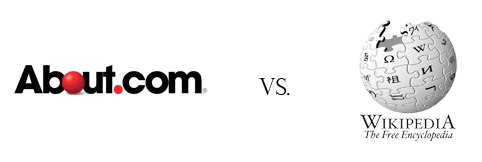Announcing the Library Research Prize application window for projects or papers completed in Intersession and Spring 2016!

Are you going to complete a project or paper this semester that requires you to conduct research using information resources or services offered by the Library? Did you complete such a project or paper in Intersession 2016? Then you should consider applying to win the Library Research Prize.
Two prizes–one to an Undergraduate student or group, and one to a Graduate student or group–will be awarded this May to the projects or papers from this academic year that show evidence of significant knowledge in the methods of research and the information gathering process, and use of library resources, tools and services.
The prize itself is $500, but perhaps even more enticing is the honor of being judged by faculty in all three colleges, librarians, and CTLE staff, to have excelled at conducting research and information gathering to accomplish a specific purpose or aim. (It also makes a great addition to your list of honors while pursuing your studies!)
In addition to submitting the project itself, complete applications also require a 500-word essay describing your research process (tips for writing this essay can be found here), as well as a statement of faculty support by the course instructor who assigned the project.
Visit the Library Research Prize page for details about applying and to see applications from past winners of the prize.
The deadline for applications featuring projects from Intersession or Spring 2016 is Friday, April 29, 2016 at 4:00 p.m.

